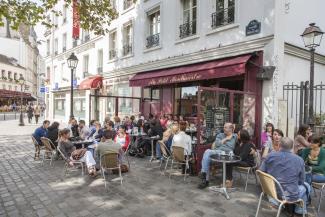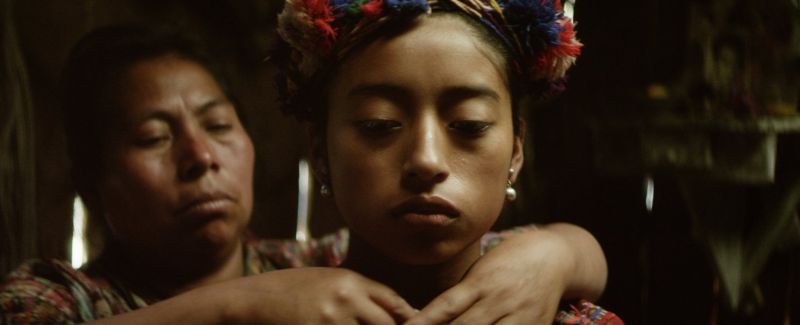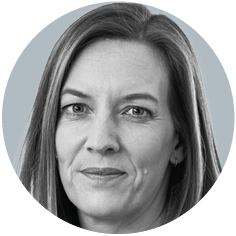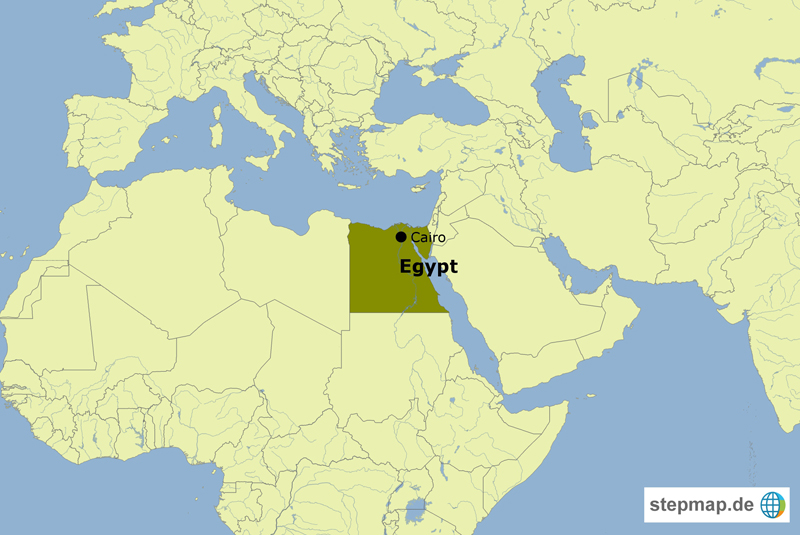Summer Special
Khalil – inside the mind of a terrorist

Cheering and celebrating people fill the streets of Paris. Football fans stream into the Stade de France under the watchful eyes of security forces. People sit in bars and cafés, enjoying their evening. Meanwhile, four “brothers” from the Brussels suburb of Molenbeek, are on their way to the scene. One of the young assassins is Khalil, the protagonist of the novel. Two of the “brothers”, whom Khalil does not know, get out of the car at the Stade de France and disappear into the crowd. In a few minutes, the French capital will be transformed: openness, joie de vivre and the lightness of being will give way to fear, mistrust and controls.
Khalil and his childhood friend Driss know this. They talk about what is going to happen. They are convinced that they are doing the right thing. “For the first time in my life, I feel important,” says Khalil as he hugs his friend. Then he slips into the train station and squeezes into a suburban train crowded with commuters at the end of the day. Surrounded by people, he gropes for the trigger on his explosive belt and presses the button – determined to blow himself up and take as many people as possible with him.
But nothing happens. Stunned, almost panicking, Khalil keeps pressing the button, but the ignition mechanism is not triggered. What now? Together with Driss, he had prepared for weeks for this mission; failure was never an option.
Helplessly, Khalil wanders through Paris. Desperation and self-doubt plague him. He finally succeeds in returning to Molenbeek. There, he tries to contact the “brothers”. He wants to make it clear to them that the failure was not his fault.
Through the first-person narrative, Khadra leads us into the thoughts of the 23-year-old Khalil, who lives as the son of immigrants in Molenbeek. Khalil despises the life of his parents, who come from a village in Morocco and, in his eyes, will never amount to anything. He has a bad relationship with his family, feeling misunderstood and hating his father. His twin sister Zhara is the only one to whom he feels close.
Khalil ends up on the street. He sees no meaning in his life, seems not to belong to society, feels like a parasite – that is the ideal breeding ground for the ideologies of extremist organisations. Khalil’s lack of self-esteem is compensated for by the so-called “brothers”. In the mosque he finds security and the feeling of being part of a strong community: “I wandered around blindly for a long time, looking for the right path,” says Khalil. “The brothers showed me the way, and for the first time in my life I felt taken seriously.”
Through the novel, the reader experiences Khalil’s radicalisation. The author does not sympathise with his protagonist, but he does not condemn him either, although as a high officer in the Algerian army, he fought against Islamists himself. Khadra rather seeks the human being in Khalil.
The author sees his novel as an “anti-radicalisation book”. In an interview he said that he would like his novel to become compulsory reading in schools. For Khadra, there is nothing more valuable than life. He hopes to convey this message to young readers so that they will not be blinded by extremist leaders’ seductive speeches.
Khalil loses contact with his family and argues with his twin sister, who later falls victim to a terrorist attack in Brussels. However, Khalil only finds out about this by chance after the funeral. Angry at his family and society, he sits at her grave and mourns.
The “brothers” give Khalil a second chance after his failed attack: the organisation is planning attacks in Marrakech in which Khalil is to play a central role. Will he carry out his mission this time?
Book
Khadra, Y., 2018: Khalil. Paris, Julliard. (The english version will be published in November 2020 by Nan A. Talese, New York.)











